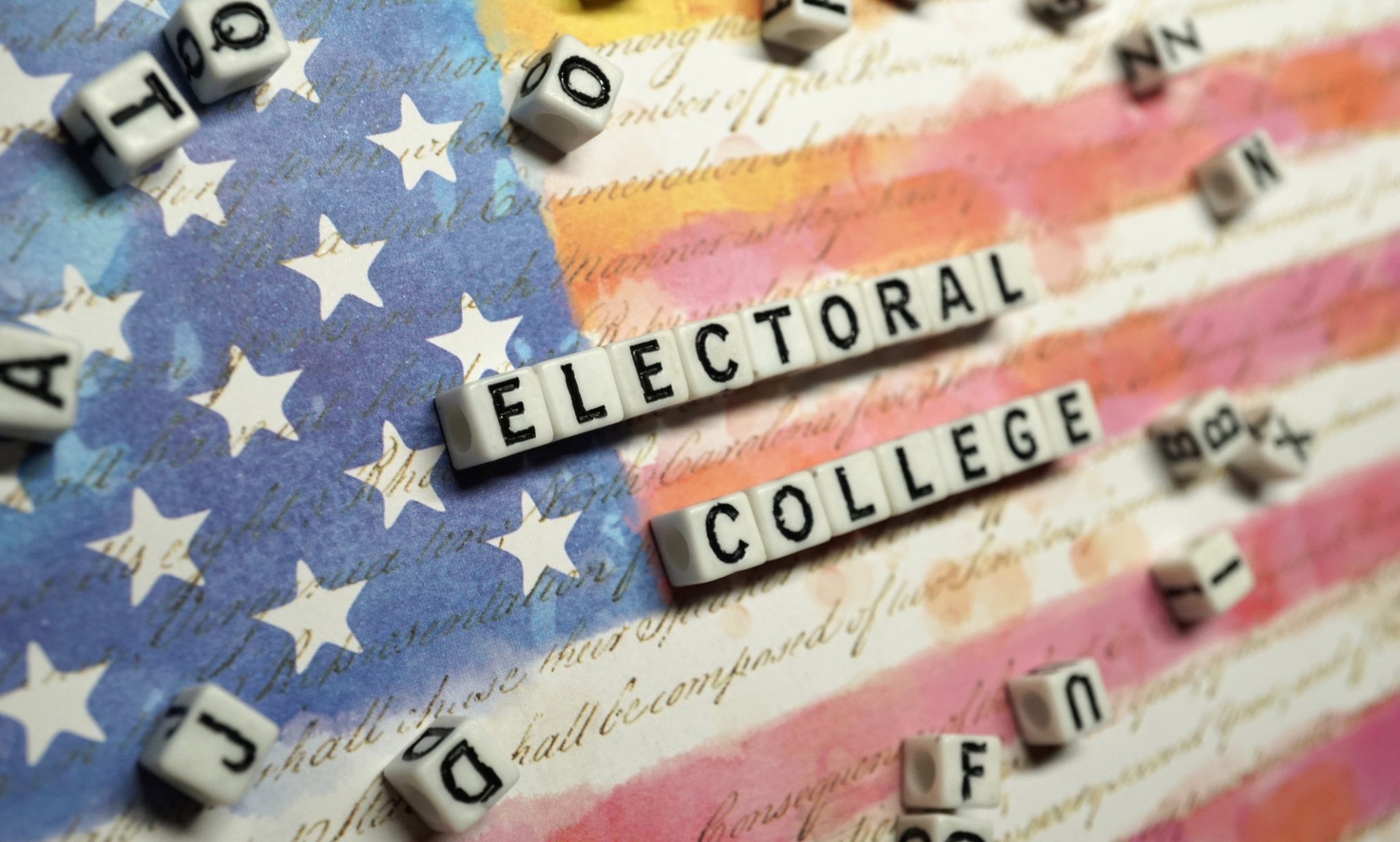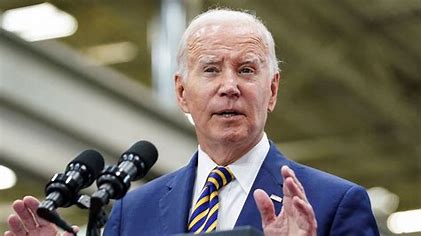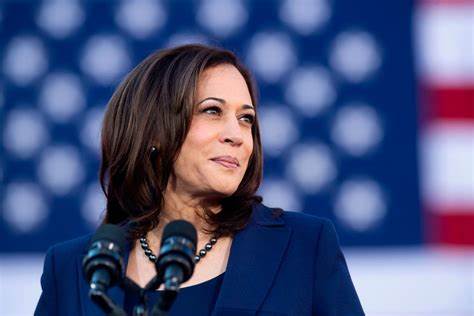|
Getting your Trinity Audio player ready...
|
By: Nathaniel Ballantyne
Donald Trump does not like to lose. He likes to win at all costs. Monday December 14 is the date when the electors meet to cast their votes for president of the United States. Will they vote for Trump? Can they do that even if they wanted to? Should they disregard the will of the people and vote for Donald Trump?
U.S. Politics, Election – December 12, 2020
(TrueNewsBlog) After all the failed lawsuits, the recounts, the falsehoods and conspiracy theories, President Donald Trump will finally meet his electoral fate Monday. Across all statehouses amid a global pandemic, 538 electors are set to convene to cast their votes for either President-elect Joe Biden or Trump, reflecting the popular votes in their states. Although protests are likely at some capitol buildings, the outcome should offer little suspense. Biden is set to end the day with 306 electoral votes, topping Trump’s 232.
Historically, the Electoral College meeting is a formality given little attention. But Trump’s unprecedented efforts to overturn the election have magnified every turn in the election calendar and shined the spotlight on electors who are usually overlooked. Raising the stakes, some Senate Republicans circled the date as the moment they would finally recognize Biden as the president-elect.
Senate Majority Leader Mitch McConnell last month said “the Electoral College will determine the winner.”This is the moment of truth, and something that is already inexorable becomes fully locked in,” said Ben Wikler, a Wisconsin elector pledged for Biden and chairman of the Wisconsin Democratic Party. “This year, more than ever, it’s almost a sacred act to cast the official votes that have been determined by voters to choose the most powerful person in the word.”
The Electoral College meeting comes after Trump, who has leveled baseless claims of widespread voter fraud to argue the election was stolen, has lost a barrage of lawsuits seeking to overturn the election. He also failed to convince state lawmakers in states he lost like Michigan, Pennsylvania and Georgia to certify their own separate slates of Trump electors.
It means Monday will lack the drama of competing slates of electors casting votes, spoiling a dubious legal strategy pursued by the Trump team. We’ve seen pretty clear signals from state legislators that’s not going to happen,” said Rebecca Green, director of William and Mary School of Law’s election law program. She said such a scenario presented the biggest opportunity for “mischief on Dec. 14,” adding the ingredients aren’t there to “push forward any kind of fireworks.
Eliminating more suspense, the U.S. Supreme Court ruled in July states can insist members of the Electoral College support the winner of the popular vote on Election Day, prohibiting rogue electors in most states. Thirty-two states don’t allow these so-called “faithless” electors. You can expect, as a result of that ruling, a lot fewer shenanigans,” Green said.
With Trump facing a loss in the Electoral College, the president and his allies have shifted their focus to Jan. 6, when a joint session of Congress meets to count the electoral votes and certify a winner. But expected efforts by Republican House members to contest individual state’s electors were dealt a blow Tuesday when most states – with their election disputes resolved –appeared to meet the safe harbor deadline constitutionally guaranteeing their electors are counted.
Matthew Weil, director of the Bipartisan Policy Center’s Elections Project, said the Electoral College vote marks a “turning point” for Trump and his election challenge. Its action sets in motion the effective final act when Congress weighs certification prior to the Jan. 20 inauguration.
I can’t imagine anything that could change the outcome once Congress acts,” Weil said. I can’t imagine anything that could change the outcome once Congress acts,” Weil said. These electors are mostly party activists – in some cases state lawmakers, Congress members or even governors – appointed by state parties earlier this year.
Most aren’t household names. Some are more well-known such as former Georgia gubernatorial candidate Stacey Abrams, who is an elector in Georgia; Wisconsin Gov. Tony Evers, an elector in his state; and New York Gov. Andrew Cuomo, former President Bill Clinton and Hillary Clinton, each electors in New York.
Electoral College members pledged for Trump will convene in states the president won, while Biden electors will meet in states the former vice president carried, based on the certified election results in each state. Biden electors received notification to appear from governors or secretaries of states in the six states Trump has contested: Pennsylvania, Michigan, The meetings – many begin at noon or 2 p.m. – are open to the public and typically streamed live online.
Most begin with the national anthem. Some states kicked off past meetings with colonial-style military bands marching in or other forms of pageantry. That’s less likely to be the case during the pandemic. Meetings usually last under an hour, sometimes no longer than 20 minutes. Secretaries of states or other state election officials typically preside over the gatherings.
With a room full of electors from the same party, there’s no debate, but some electors use the time to give speeches on democracy and the historic moment. We’re gathering at the state capitol at noon. That’s what I know,” said Wendy Davis, a city commissioner from Rome, Georgia, who is a first-time elector for Biden.
A longtime party activist in a state that hadn’t voted Democrat since 1992, Davis said the state’s 16 electors reflect the diverse coalition that turned the state blue. It’s enormous. It’s such an honor. I still don’t think the enormity has sunk in because we’ve been so busy working hard on the election.
“Electors cast their votes for president and vice president on separate ballots. They then sign six vote certificates, one to be delivered to Vice President Mike Pence as president of the U.S. Senate, two to the state’s secretary of state, two the U.S. archivists and one to a federal judge in the district of the meeting. It wouldn’t be unprecedented to see protests.
Trump critics gathered outside several capitol buildings in 2016 to voice their opposition to his Electoral College victory. Amid the uproar as Trump fights the election results, some Democratic electors said they’ve heard from Trump supporters ahead of the vote. Marseille Allen, one of Michigan’s 16 Democratic electors, said the electors each received an email from elderly man urging her not to vote for Biden but said it didn’t come off as threatening. Allen, a state probation agent from Flint, Michigan, said as an African American woman, voting in the Electoral College holds added significance.
“I have no directions whatsoever,” said Stanley Grot, a Trump Michigan elector from Shelby Township, where he’s the town’s clerk. “Of course anything can change between now and the 14th. At this point, I have no other plans.” Ken Carroll, a Trump elector from Georgia and plaintiff in a lawsuit that sought to halt the state from certifying Georgia’s election, said Georgia Republican electors don’t plan to meet Monday. He worries about “where our country’s going,” but said it’s “never even crossed our minds” to try to intervene with the Electoral College vote.






